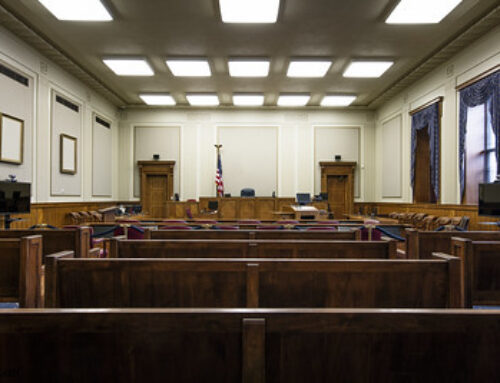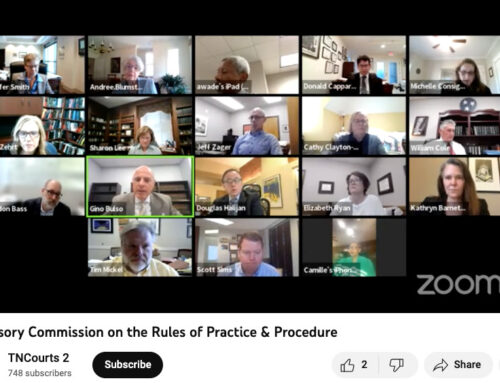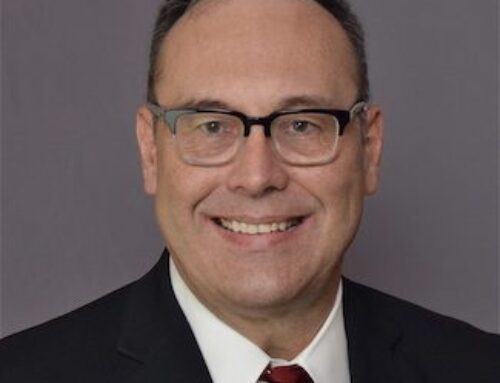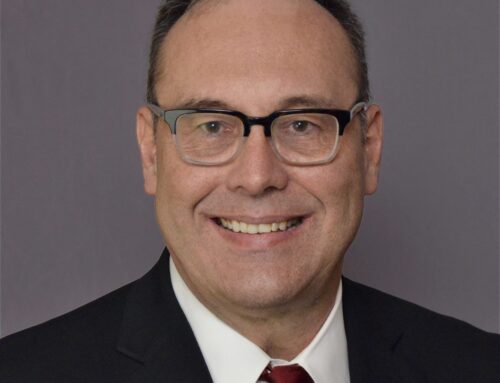TN Supreme Court: We have not approved ‘outright ban’ on public access in state’s courts
The Tennessee Supreme Court on Monday denied a joint petition of 56 organizations, including Tennessee Coalition for Open Government, that asked it to take action to protect public access to courts during the COVID-19 pandemic.
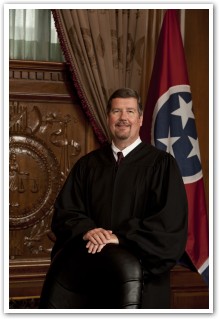
“At no time has the Court countenanced or approved an outright ban on public access to the courts. In fact, the Court has strongly encouraged all courts and judges to remain diligent in attempting to address public and media access,” the Supreme Court said in its order.
The petition was prompted after the state’s 31 judicial district began turning in plans for resuming more in-person court proceedings after a suspension due to the COVID-19 pandemic in March.
Plans for courts in at least 17 districts expressly prohibit access to proceedings by anyone other than court personnel, parties, witnesses, lawyers, and sometimes victims. Plans for courts in several other districts also appeared to exclude by implication those who are not direct participants in a proceeding.
An analysis of the written plans was provided with the petition, pointing out those that expressly prohibited access to anyone other than those directly involved in a case. A phone call check with some of those courts this week confirmed that they still planned to limit access to hearings and trials to parties in the case.
Court encourages reporting instances when public access is denied
However, the Supreme Court, which approved all 31 plans, said in its Monday order, that it “has not been advised of any specific instances in which the public’s access to court proceedings have been denied.”
“The Court will continue to review these matters closely and to offer such additional guidance to the trial courts and judges as the circumstances may warrant. Should the Petitioners become aware of any instances in which the public’s right of access to the courts is infringed or denied, they are encouraged to bring the matter to the attention of the Court. For these reasons, and because a state-wide mandate of specifics is so problematic, the Court concludes that the Petition should be DENIED at this time.”
TCOG statement on court order
“TCOG is gratified by the Court’s direct response to our Petition,” said Lucian Pera, board president of the nonprofit organization and the attorney representing the petitioners. “We appreciate the Court ‘encourage[ing] all courts and judges to remain diligent in attempting to address public and media access.’ “

“In its ruling, the Court said it has not ‘countenanced or approved an outright ban on public access to the courts.’ In our Petition, we pointed out that the Court has approved re-opening plans for courts in at least 17 districts that expressly prohibit access to in-person proceedings by anyone other than court personnel, parties, witnesses, lawyers, and sometimes victims. Those were the 1st, 2nd, 5th, 6th, 9th, 10th, 11th, 13th, 14th, 15th, 16th, 17th, 18th, 23rd, 25th, 29th, and 31st judicial districts. We interpret the Court’s new order to mean that the Court’s approval of these plans did not mean that the Court approved the language in those plans broadly denying public access to court proceedings. We applaud the Court’s clarifying this important point,” Pera said.
“TCOG is also very pleased that the Court took direct ownership of this issue, inviting the Petitioners, and presumably others, who run into instances of denial of public access to Tennessee courts to communicate those to the Court.”
Peck advises public to contact attorney or judge to get access

Barbara Peck, communications director for the Tennessee Administrative Office of the Courts, has said in the past that if a member of the news media wanted to attend a proceeding, the journalist could contact her and the office would assist in getting access.
When asked how a member of the public could obtain access to a court proceeding if the local judicial plan prohibited it because they aren’t a party to a case, she said:
“I would suggest the member of the public first contact either the attorney in the case or the judge’s office to see if a solution can be worked out at the local level. For example, in some cases where the person interested in attending was close with one of the parties, the attorney was able to work with the judge to allow additional access while maintaining social distancing. If that is not an option, the person may also call the judge’s office. If a judge knows there is a particular public interest in a case, he or she may be able to allow greater access, move to a larger courtroom, or provide a livestream. The Administrative Office of the Court often works with judges to find a solution and the public may also call or email me for additional information.”
Peck’s contact information is [email protected] and (615) 532-6047.
“All courts will make every effort to accommodate public and media access while balancing this important interest with the protection of all persons involved and considering the specific facts of each particular jurisdiction and courtroom,” Peck said in a statement.

